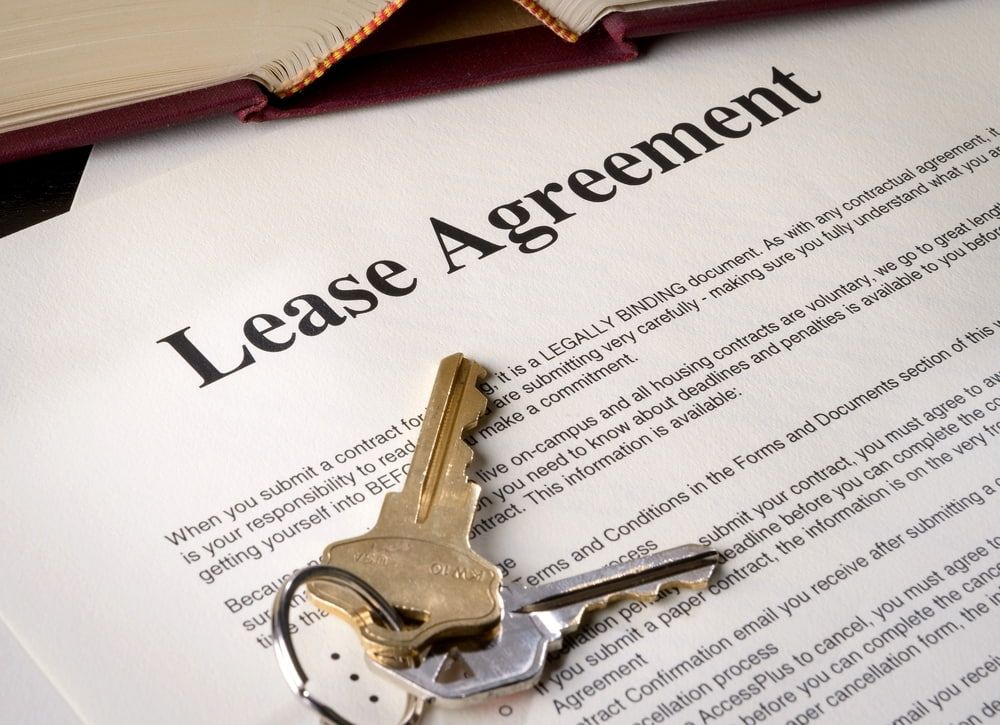Leases for Retirement Villages in Gosford
- 40+ years local experience
- Clear, practical legal advice
- PEXA registered law firm
Request A Call Back
Thank you for contacting Linda Emery & Associates.
We will get back to you as soon as possible.
Oops, there was an error sending your message.
Please try again later.
Are you in the transition phase of your life? Looking to sell your home and relocate to a retirement village? This is a very important time of your life. You need a caring and professional legal team to assist you with this transition.
Each Australian State and Territory has specific legislation that regulates the operation of retirement villages.
The main purpose of the legislation is to protect the interest of residents and prospective residents.
There are at least eight different legal structures, namely:
- Long-term lease requiring an up-front capital payment
- Direct ownership as freehold or community title
- Indirect ownership via shares in a company or units in a unit trust
- Ownership of a manufactured home structure and subsequent lease of site
- Lease agreement to pay regular rental payments instead of an up-front capital payment.
The different structures can have different implications and raise different issues in terms of legislation, stamp duty, GST, service charges, responsibility for refurbishment and capital replacement costs, security of tenure, termination and vacating the premises.
Other legislation may also apply, in regard to strata title, community title, companies and securities, manufactured home or tenancy arrangements.
SO MUCH MORE THAN JUST LAW
Key Terms to Review Before Signing
Before entering into a retirement village lease, carefully review the following:
- Entry fees: Initial payments made when moving in, sometimes substantial.
- Recurring charges: Weekly or monthly payments for services, administration, and village upkeep.
- Exit fees (deferred management fees): Payable when you leave the village, often a percentage of your original entry fee or resale price.
- Capital gains: Some agreements allow the operator to retain part of the capital gain on resale.
- Maintenance responsibilities: Clarify who is responsible for internal and external repairs.
- Access to services: Understand what's included—such as medical support, transport, or social programs.
These agreements often contain detailed financial models that affect how much you pay during and after your stay. Having them reviewed by a legal professional can help avoid unexpected costs.
Your Rights Under the Retirement Villages Act 1999 (NSW)
The Retirement Villages Act 1999 (NSW) outlines the rights and responsibilities of both residents and operators. Key protections include:
- A cooling-off period after signing the contract
- The right to receive a disclosure statement before entering an agreement
- Requirements for operators to maintain communal facilities
- Protections regarding increases in fees and charges
- The right to independent legal and financial advice
Understanding your rights under the Act ensures you’re fully informed before committing to a long-term lease or occupancy arrangement.
Why Legal Advice Matters
Retirement village leases often involve long-term financial commitments, complex terms, and legal obligations that vary from village to village. A legal professional can help you:
- Interpret the agreement in plain language
- Understand your financial obligations during and after your stay
- Identify risks, restrictions, or clauses that may affect your future choices
- Ensure compliance with the Retirement Villages Act and relevant regulations
Seeking legal advice before entering into a retirement village lease can provide clarity and help protect your interests as you plan for your future.
What is a retirement village lease?
A retirement village lease is a legal agreement giving you the right to live in a unit and access village facilities. You don’t own the property but instead hold a long-term lease, licence, or occupancy arrangement. The lease outlines your rights, responsibilities, and costs during and after your stay.
What are deferred management fees?
Deferred management fees (DMFs) are exit fees paid when you leave the village. Often calculated as a percentage of your entry price per year of residence, they are capped (e.g. 30% after 15 years). The formula varies by village.
What costs are involved in moving into a retirement village?
Common costs include:
- A large entry contribution
- Ongoing fees for services and facilities
- Exit fees when you leave
- Optional charges for meals or care
Always check the contract for the full breakdown.










